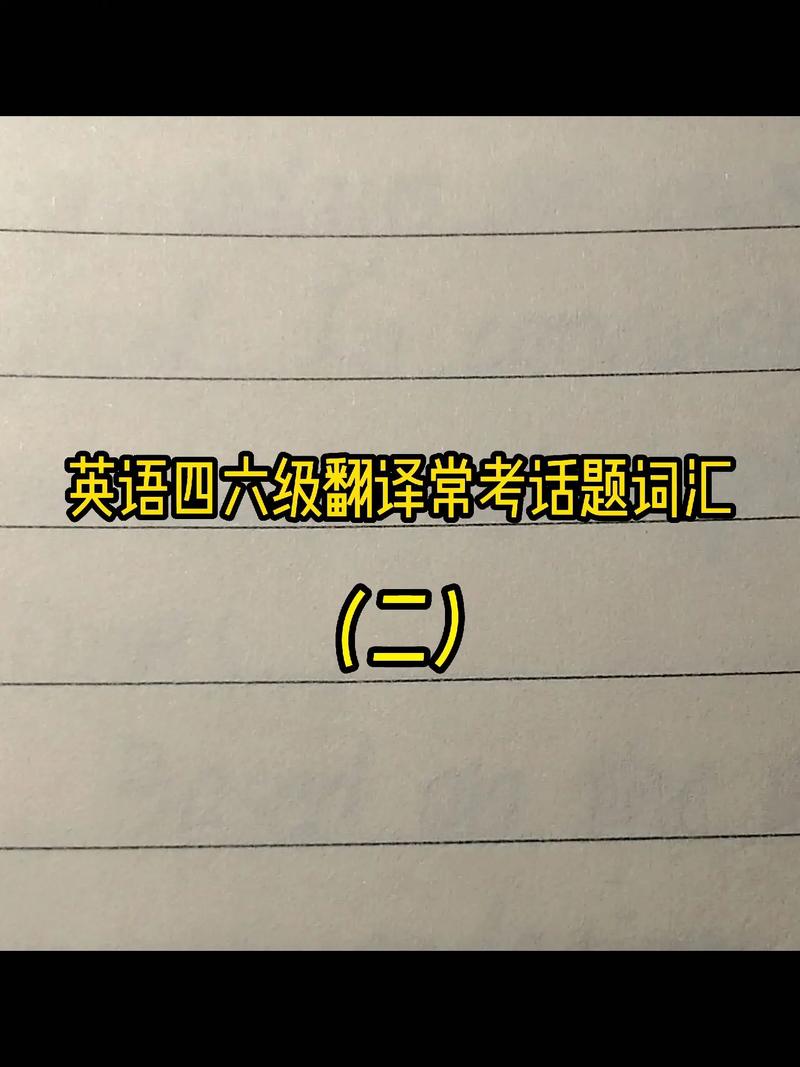Title: Mastering English Translation: Tips and Strategies
Language translation, especially from Chinese to English or vice versa, can be a challenging task requiring not only linguistic proficiency but also cultural understanding and context. Whether you're a professional translator or someone seeking to improve your translation skills, mastering English translation involves a combination of techniques, strategies, and continuous practice. In this guide, we'll explore various tips and strategies to enhance your English translation abilities.
Understanding Cultural Nuances:
Translation is not merely substituting words from one language to another but conveying the intended meaning, tone, and cultural nuances. To master English translation, it's crucial to immerse yourself in both the source and target cultures. This includes:
1.
Cultural Research:
Conduct thorough research on the cultural context of both languages. Understand the cultural references, idiomatic expressions, and societal norms prevalent in the source language.
2.
Stay Updated:
Keep abreast of current events, trends, and cultural developments in both Englishspeaking countries and the region of the source language. This awareness helps in producing translations that resonate with the target audience.
3.
Sensitivity to Context:
Pay attention to the context in which certain words or phrases are used. A word may have different connotations depending on the context, and understanding this is vital for accurate translation.
Linguistic Proficiency:
A strong command of both languages involved in the translation process is fundamental. Here are some strategies to enhance linguistic proficiency:
1.
Vocabulary Expansion:
Continuously enrich your vocabulary in both languages. Read extensively, use language learning apps, and engage in conversations with native speakers to broaden your word bank.
2.
Grammar Mastery:
Ensure a solid grasp of grammar rules in both languages. Common grammatical errors can alter the meaning of a sentence, so practice regularly to maintain accuracy.

3.
Practice Translation Exercises:
Regularly engage in translation exercises to hone your skills. Start with simple texts and gradually progress to more complex ones. Analyze your translations to identify areas for improvement.
Utilize Translation Tools Wisely:
While translation tools and software can be valuable aids, they should be used judiciously. Here's how to make the most of them:
1.
Use Multiple Tools:
Experiment with different translation tools to compare results. Each tool may have its strengths and weaknesses, so using a combination of tools can improve accuracy.
2.
Verify and Edit:
Never rely solely on automated translations. Always verify the accuracy of the translation by crossreferencing with reputable sources or seeking feedback from proficient speakers.
3.
PostEditing:
After using translation tools, invest time in postediting to refine the translation further. Focus on improving readability, coherence, and ensuring that the translated text captures the intended meaning accurately.
Cultivate Translation Skills:
Translation is both an art and a skill that improves with practice. Here are some ways to cultivate and refine your translation skills:
1.
Translate Diverse Content:
Translate a wide range of texts, including articles, literature, technical documents, and multimedia content. This exposure helps you adapt to different styles and genres.
2.
Seek Feedback:
Solicit feedback from experienced translators or language professionals. Constructive criticism can highlight areas for improvement and provide valuable insights.
3.
Continual Learning:
Stay curious and committed to lifelong learning. Attend workshops, seminars, and language courses to stay updated on translation techniques, tools, and industry trends.
Conclusion:
Mastering English translation requires a combination of linguistic proficiency, cultural understanding, and continuous practice. By immersing yourself in both the source and target languages, refining your language skills, utilizing translation tools wisely, and continually honing your translation abilities, you can enhance the quality and accuracy of your translations. Remember, translation is not just about converting words; it's about effectively conveying meaning across linguistic and cultural boundaries.
文章已关闭评论!
